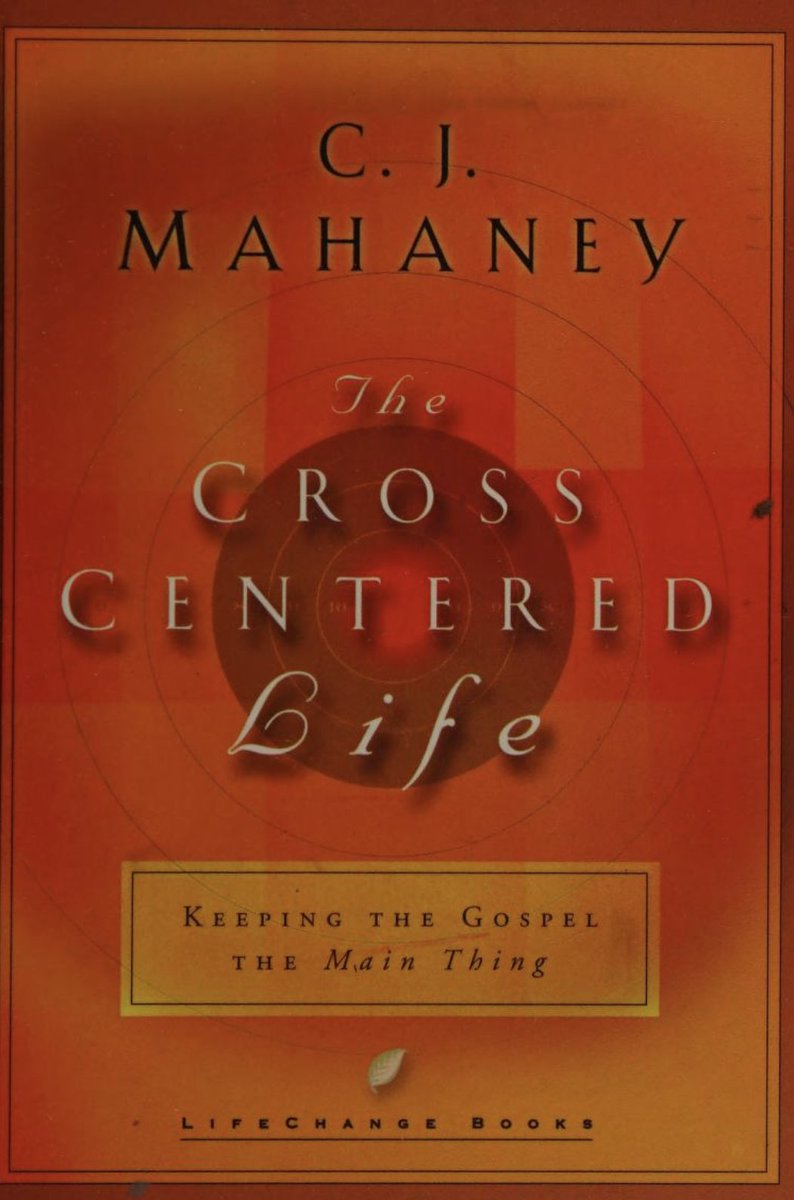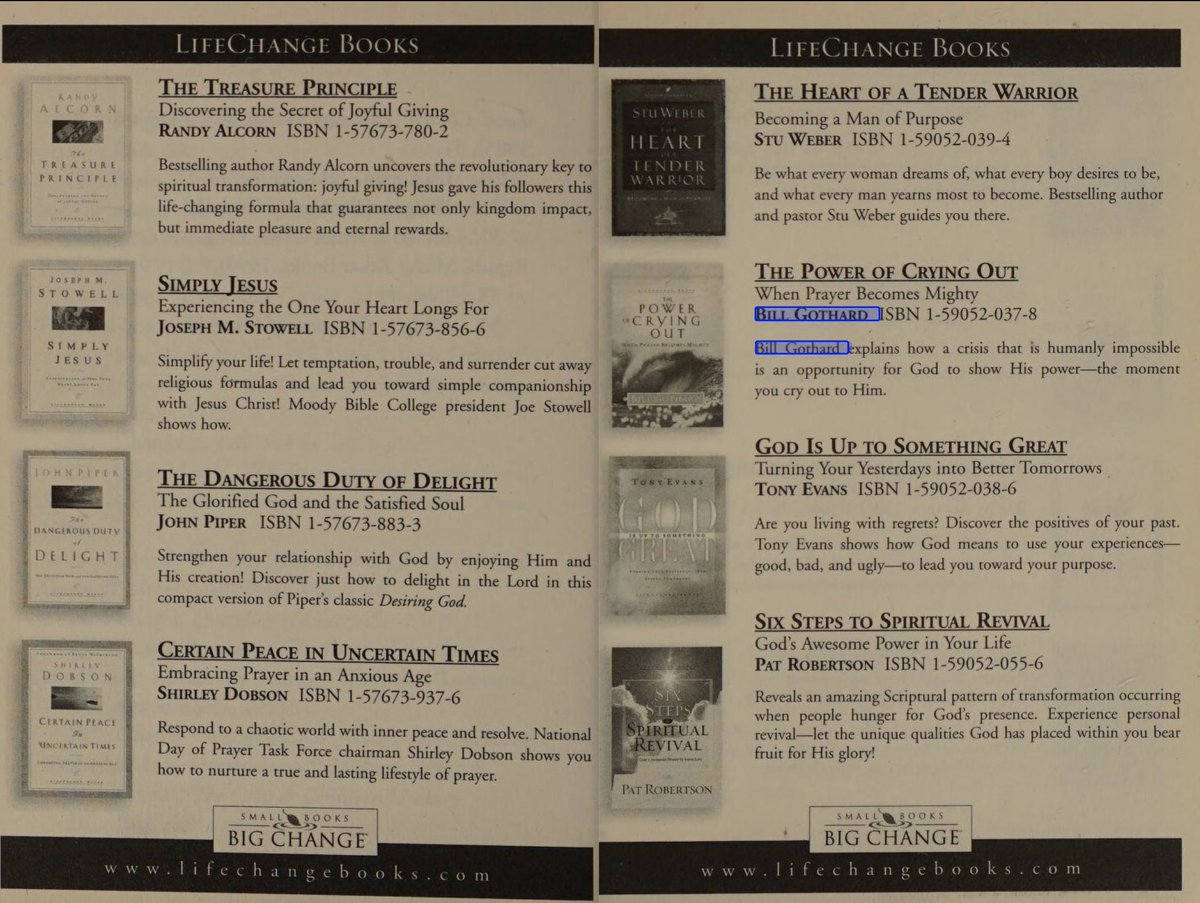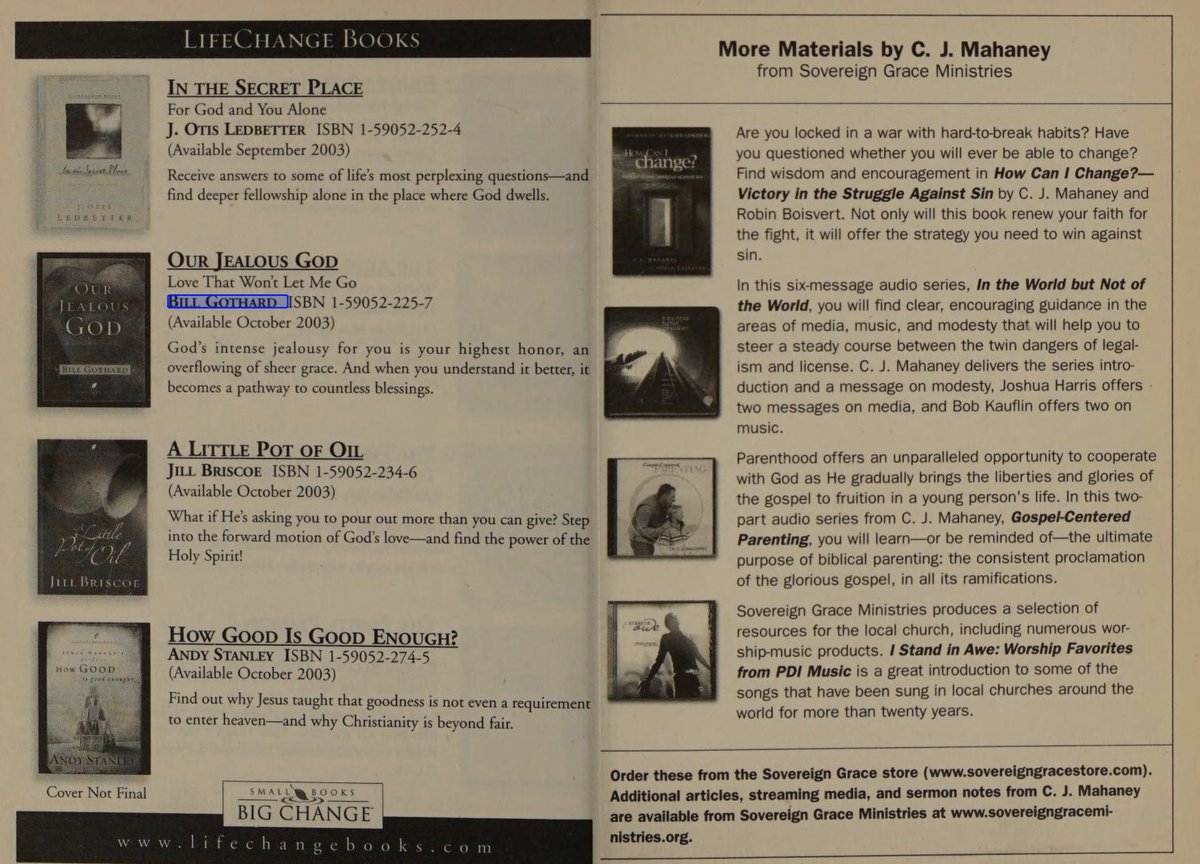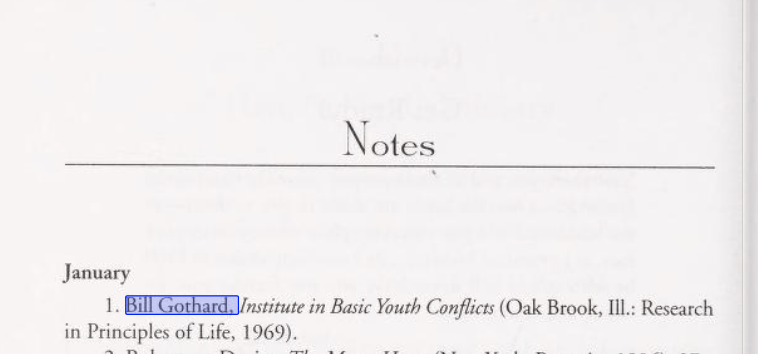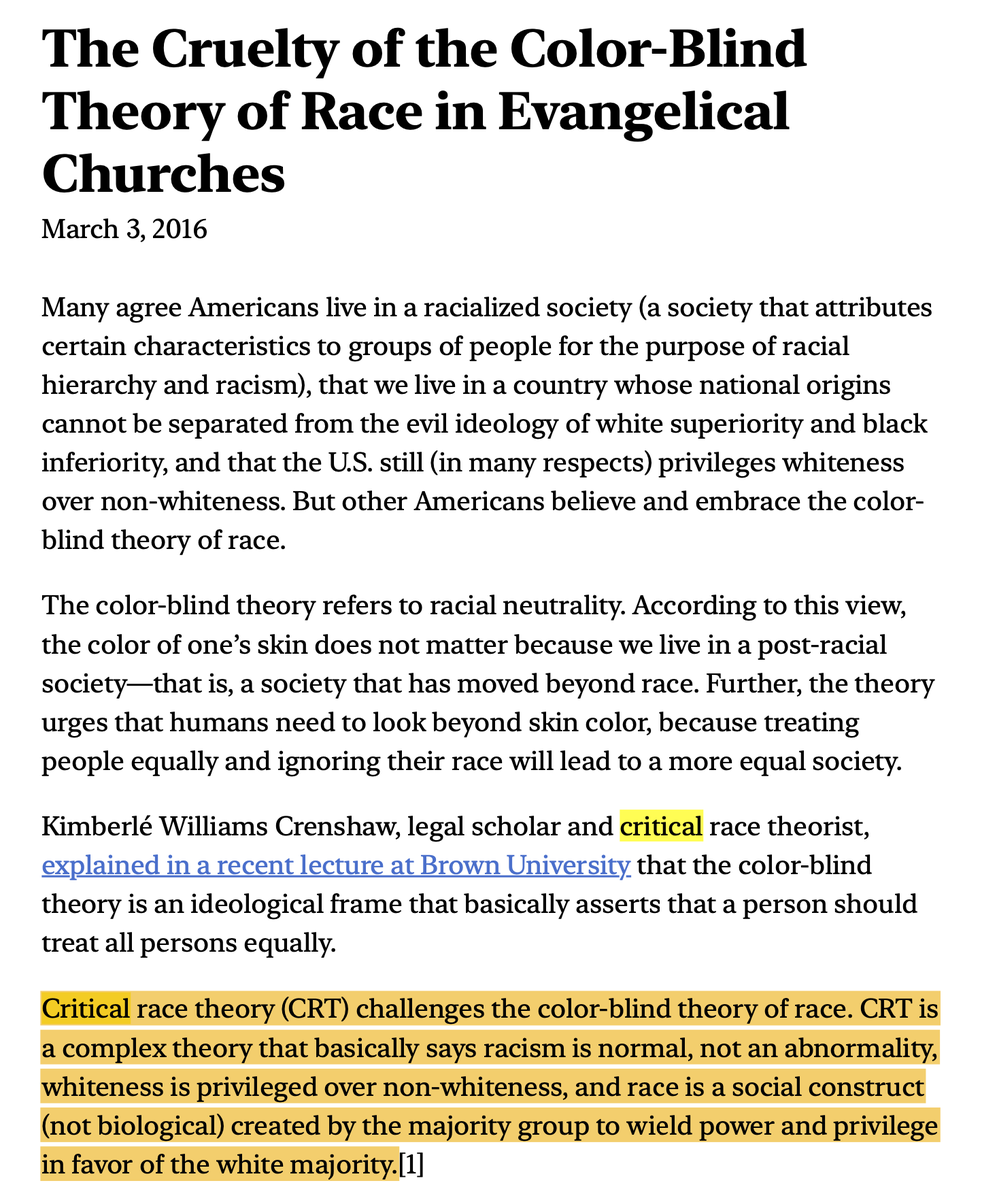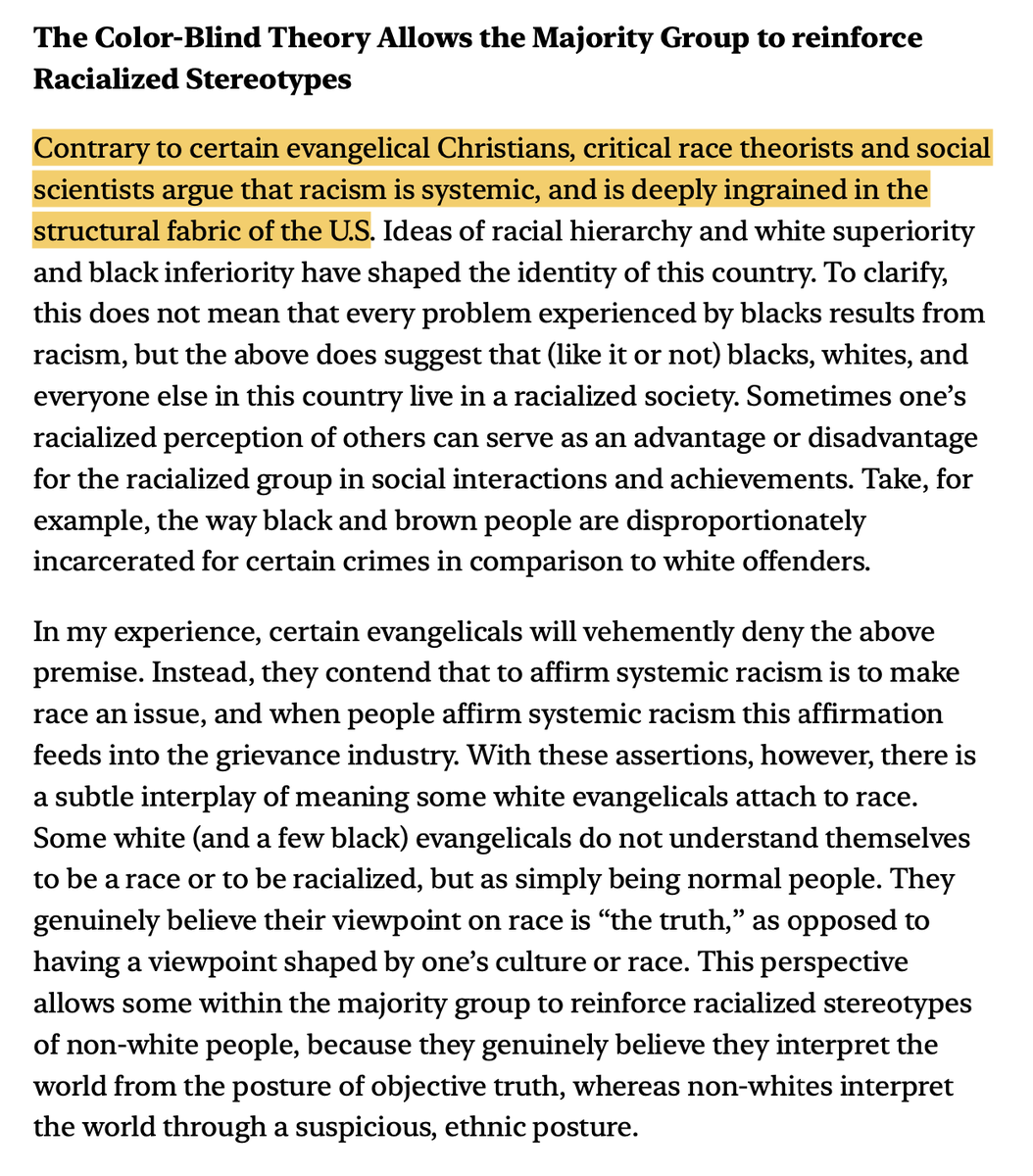May 1, 1748, George Whitefield preached to "a large company of Negroes" as well as "a number of white people who came to hear what I had to say to them," nearly 1500 people in all:
"I said, their hearts were as black as their faces"
😳
"I said, their hearts were as black as their faces"
😳

Whitefield had prayed for "divine" "wisdom" in order to preach just the right message to Black people. He wanted to "touch the negroes, yet not to give them the least umbrage to slight or behave imperiously to their masters"
iow, he needed them to be "good christian slaves"
iow, he needed them to be "good christian slaves"

Black people had expected Whitefield to "speak against their masters."
GW: "Blessed be God, that I was directed not to say any thing to masters at all, though my text led me to it"
He went *against* the grain of the text to *avoid* preaching on the sins/duties of white people
GW: "Blessed be God, that I was directed not to say any thing to masters at all, though my text led me to it"
He went *against* the grain of the text to *avoid* preaching on the sins/duties of white people

And then he dresses it all up in spiritual sounding scriptural language:
"Everything is beautiful in its season. Lord, teach me always that due season, wherever I am called, to give either black or white, a portion of thy word!"
"Everything is beautiful in its season. Lord, teach me always that due season, wherever I am called, to give either black or white, a portion of thy word!"

you can find this in:
Memoirs of the Life of the Reverend George Whitefield (1772*), pages 165–166
books.google.com/books?id=TZwHA…
*MDCCLXXII - did I do that right?!?
Memoirs of the Life of the Reverend George Whitefield (1772*), pages 165–166
books.google.com/books?id=TZwHA…
*MDCCLXXII - did I do that right?!?

Needless to say (but I'll say it), this mingling of white supremacy and evangelism was a corruption the doctrine of sin ("black as their faces"), and hence salvation (saved from blackness to ... ???).
And George Whitefield is a "founding father" of #WhiteEvangelicalism
And George Whitefield is a "founding father" of #WhiteEvangelicalism
I had wanted to mention that this incident took place while George Whitefield was preaching in the Bermudas: 

• • •
Missing some Tweet in this thread? You can try to
force a refresh







